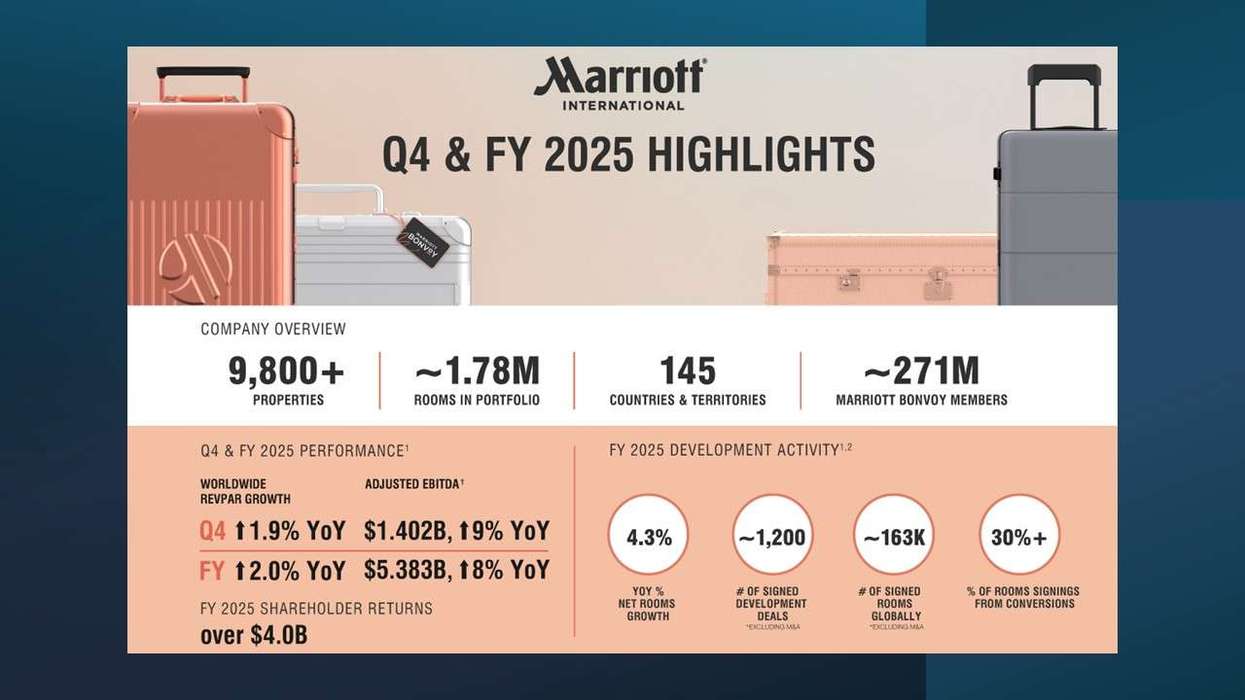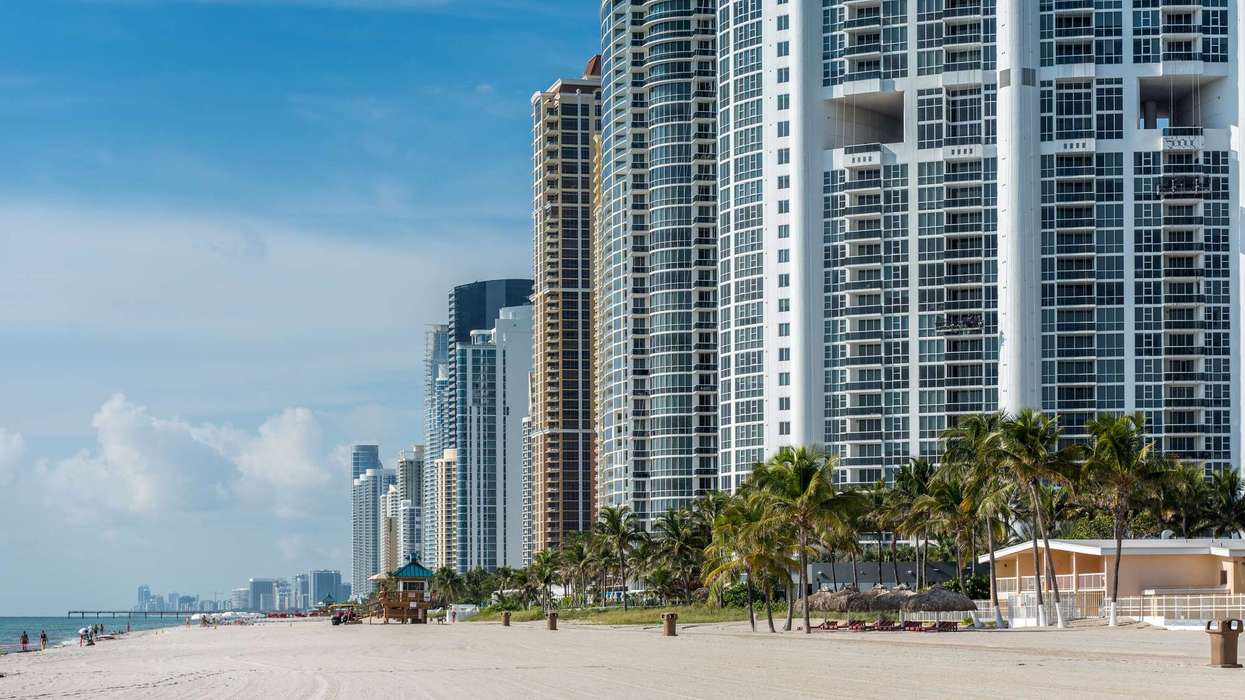AS THE FIRST month of life in the shadow of the COVID-19 pandemic nears completion, Raj Das in Houston has renewed faith in the business model of Palace Inn hotels. Das, the company’s vice president for development, said the midscale brand has survived the economic downturn much better than others.
All of its hotels are open, Das said, and they have not even had to lay off employees.
“Unlike large properties that require a large number of staff and had to lay off the majority of their staff to stay afloat, our franchisees are able to tighten their costs without having to let go of staff because they are smaller operations,” he said. “We have made it clear to our staff and our franchisees that retaining staff during this pandemic will be one of our top priorities.”
And, while Palace Inn has applied for loans included in the $2.2 trillion Coronavirus Aid, Relief, & Economic Security Act, and Das said the CARES Act was essential for the industry, he said the company is also just better prepared than others.
“I believe that lots of businesses have been irresponsible in their actions for the past few years and should have accounted for a slowdown in the market,” he said. “We all have a responsibility to make sure our businesses are solvent in the good times and bad but many hoteliers have let the good times give them a sense of false security and over leveraged the past few years. This is evident in the construction boom and saturated markets we have been seeing.”
Palace Inn has been saving funds for a crisis like this, Das said.
“No one could have predicted this pandemic would have occurred, but we can predict that eventually hard times will come,” he said.
Palace Inn also has done something several other larger franchisers have not: waived all fees until the crisis has passed.
“As a franchiser, we have an inherent responsibility to ensure the success of our franchisees,” Das said. “This was a tough call to make especially since our company only has one source of revenue through franchise fees and does not take kickbacks from vendors. We knew it was the right call to make and that we could get creative, tighten our monthly expenses and ride out this storm.”
Das said Palace Inn has tried to be creative in finding ways to save money, including suspending all marketing campaigns, a move some experts discourage. It was necessary, though, Das said.
“The market is struggling in ways we have never dealt with before but it is clear that capital spent on marketing for sales right now would be better spent elsewhere,” he said.
Palace Inn franchisees also have been doing what they can to help others in their community. For example, they have donated personal protection equipment and masks to municipal workers.
They have also used the slowdown to take care of other necessary tasks.
“We have been using this slow period to deep clean the property and complete maintenance tasks that we usually wouldn't able to perform with a busy hotel,” Das said. “Tasks such as re-striping the parking lot, repairing walkways in high traffic areas, detailed room appliance maintenance and having housekeepers assist in other areas of property maintenance can all be implemented now to make sure we are able to provide the best product as soon as we are through this pandemic.”





